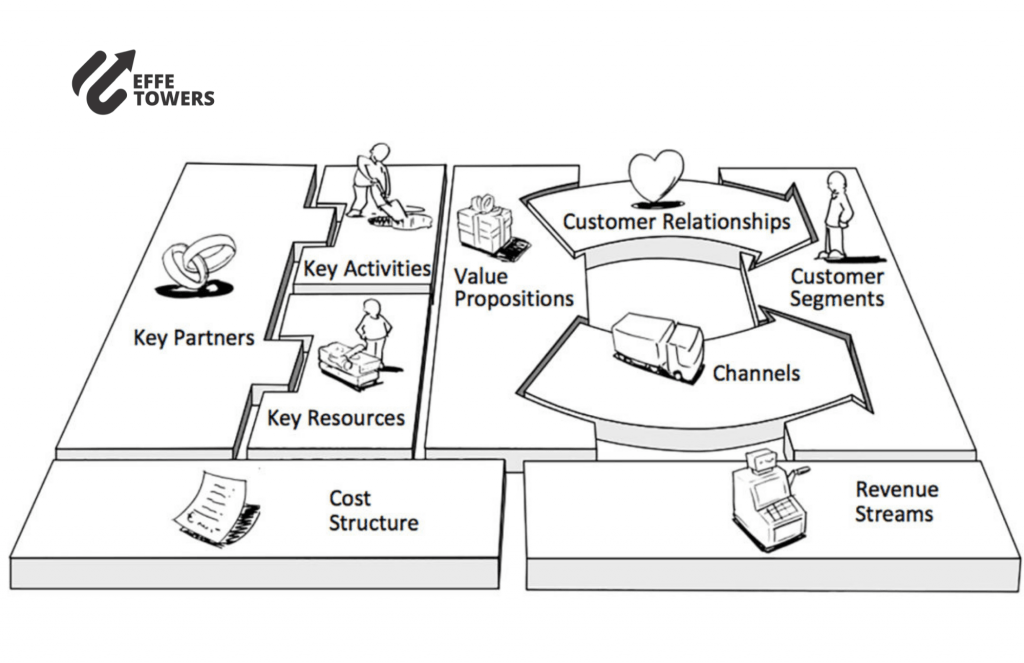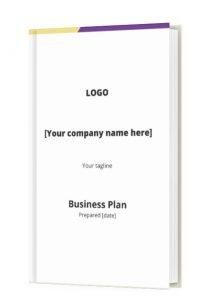Is it possible to start and operate a business without a business plan? The answer is yes. This should be one of the most asked questions in all business classes and seminars.
Don’t get me wrong, a business plan is a very important piece of a business document but it all depends on the stage of your business and the purpose it is intended to serve.
Before we delve into all of that, let’s begin by understanding the rationale behind the business plan and why develop a business plan? To answer this, we begin with the definition of a business plan. As defined in Wikipedia, a business plan is a formal written document containing the goals of a business, the methods for attaining those goals, and the time frame for the achievement of the goals. It is created to serve three main purposes;
- To articulate the vision for the business
- To document how they plan to solve key challenges
- To pitch their business idea to potential investors.
If these are the primary aim of a business plan, there are different tools that are not as time-consuming and expensive as the business plan to enable you to achieve all of these.
Alternatives to a Business Plan
Depending on the stage of your business and the purpose for which you want your business plan to serve, various business tools can serve as an alternative for you. First on the list is the business model canvas.
The Business Model Canvas

The Business Model Canvas or BMC is a one-pager document developed by Dr. Alexander Osterwalder and Dr. Yves Pigneur. It serves as a great tool to articulate the vision of your business and to document how you plan to solve key challenges.
It helps entrepreneurs and businesses design the rationale of how their business will create, deliver, and capture value for itself and its customers. It consists of nine blocks that give a bird’s eye view of your entire business. Learn all about the Business Model Canvas here.
Although the BMC is a great tool, merged with other business frameworks like the SWOT analysis, it helps create a clearer picture of your business and industry, which is exactly the function of the business plan.
SWOT is an acronym for Strengths, Weakness, Opportunities, and Threats. It helps in the analysis of a market and industry. Using this framework in the different blocks of your business gives a vivid picture of your business and the model you’re working towards. For example; for a young entrepreneur that’s looking to start a subscription-based mobile salon, the value proposition for the business will be the convenience customers will enjoy from having their hair done at their convenience. With the SWOT framework, you can isolate and examine this value proposition to better understand its viability, strengths, weaknesses, opportunities, and threats.
The Pitch Deck

Another tool that can help entrepreneurs start and operate their business without a business plan is the pitch deck.
If raising investment was the primary purpose for your creating a business plan then hurray I have good news. It all depends on the type of investor you’re approaching, except you’re seeking investment from a bank that traditionally asks for a business plan, most investors do not have the time to go through your well written but voluminous business plan, and they need something that tells them you understand your business well enough, and will be able to put their money into judicious use. To solve this, a well-articulated pitch deck will do the trick.
The pitch deck is typically a 15-20 slides presentation that showcases your company’s products, technology, team, etc. to the investors. Like the business plan, it will help articulate your understanding of the problem/solution, your market and target customers, your business model, financials, etc. But it is not enough to just create a pitch deck, for your pitch deck to serve its purpose it has to meet certain criteria and you have to truly understand your business to pitch it. Learn more about how to develop a winning pitch deck here.
In essence, what I’m trying to express in this article is that a business plan is not mandatory for starting a business, you can start and operate a business without a business plan.
But in a case where your business is obliged to create a business plan either as requested by an investor or for any purpose whatsoever, here’s a link to a business plan template you could use for your business.
For a more professional and well-structured business plan, you can work with professional business plan developers like those in Effe Towers to help develop a professional business plan for your business.




